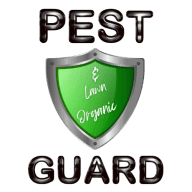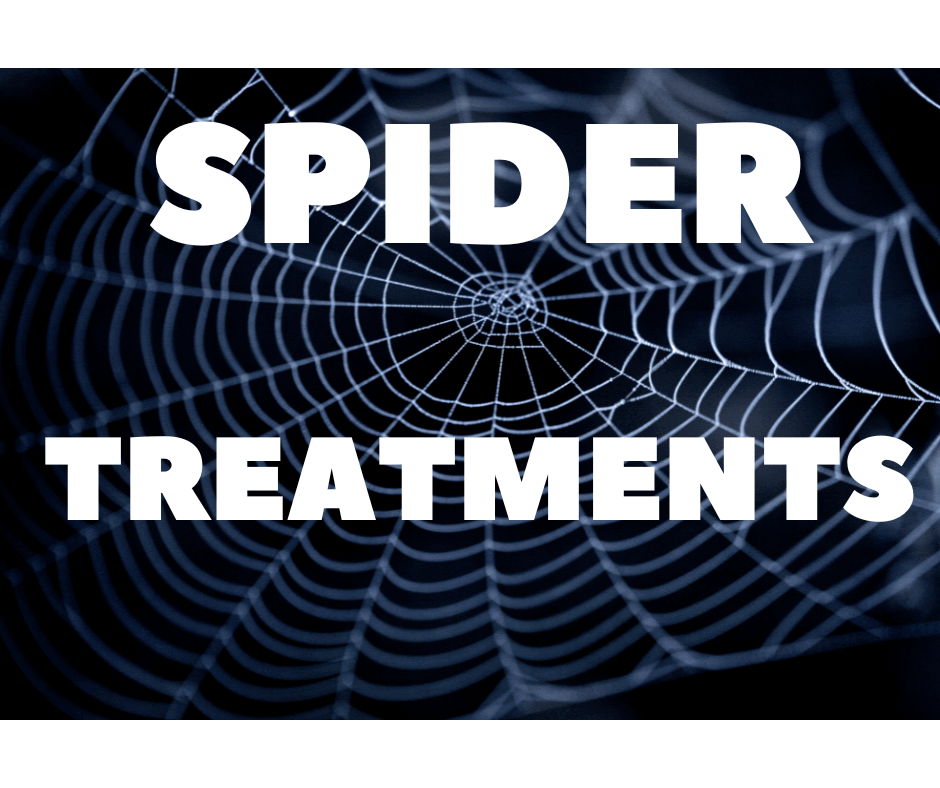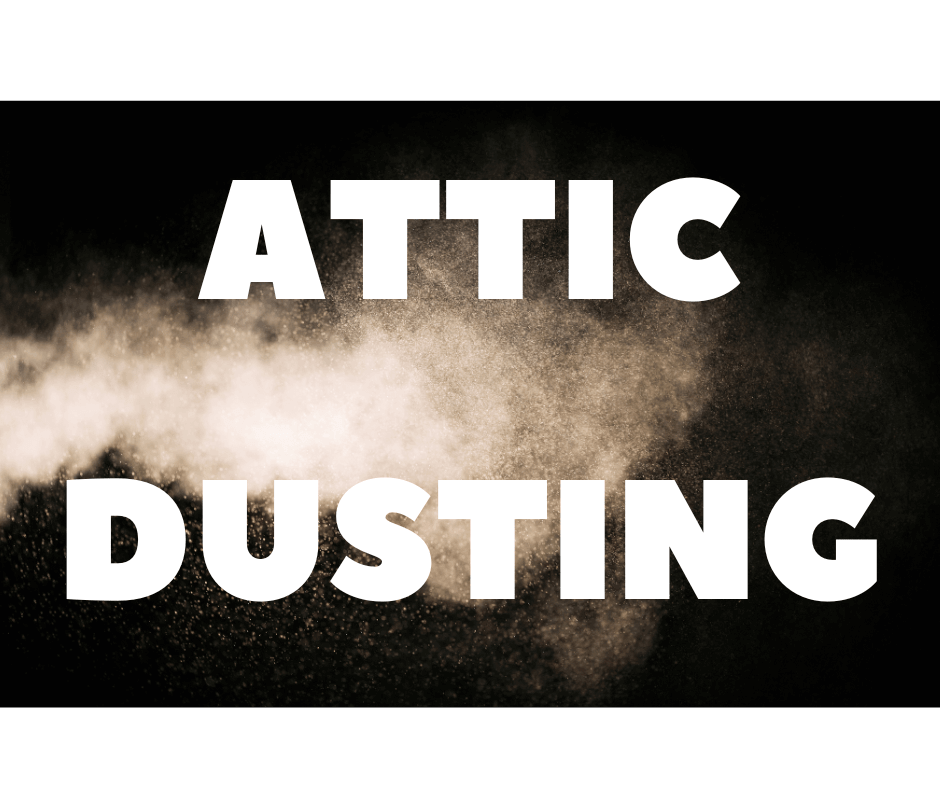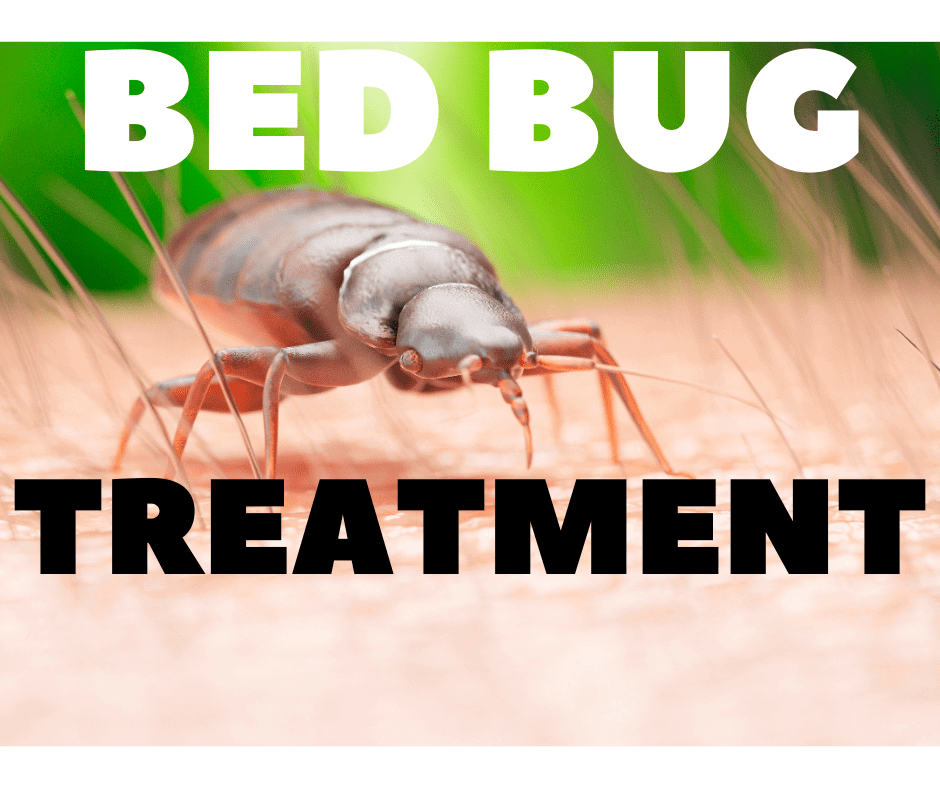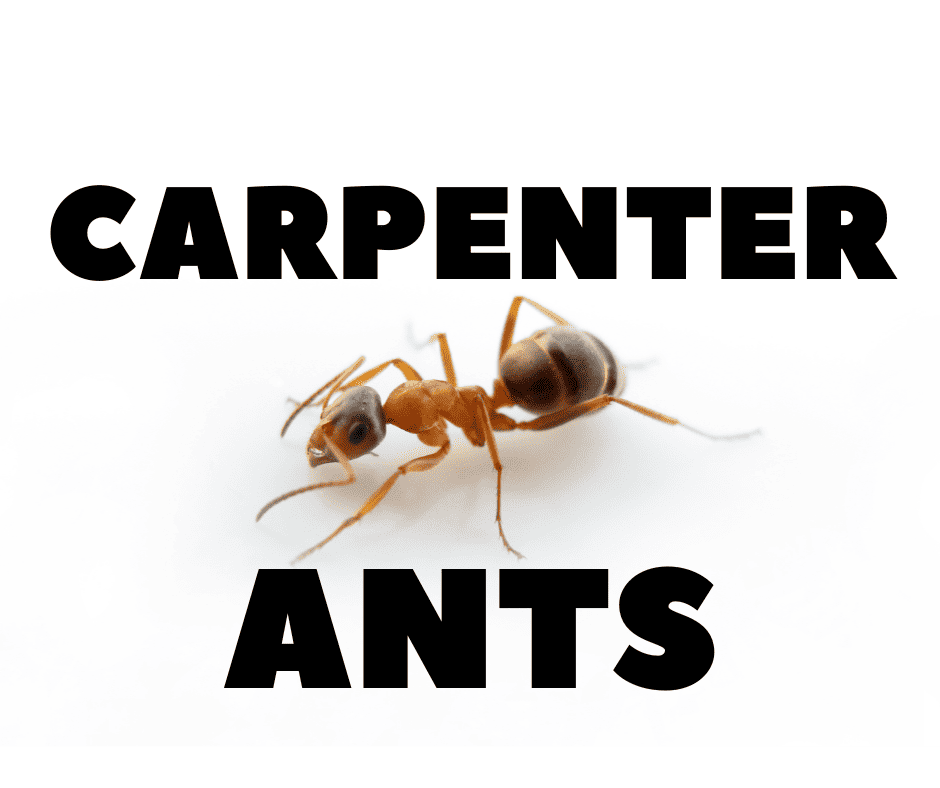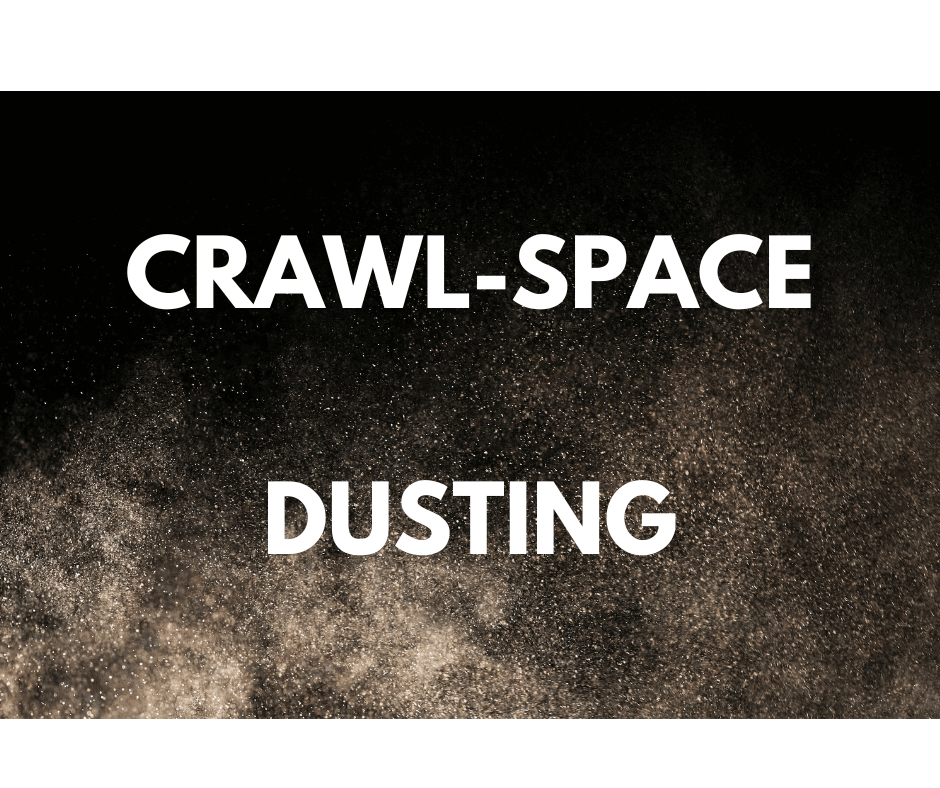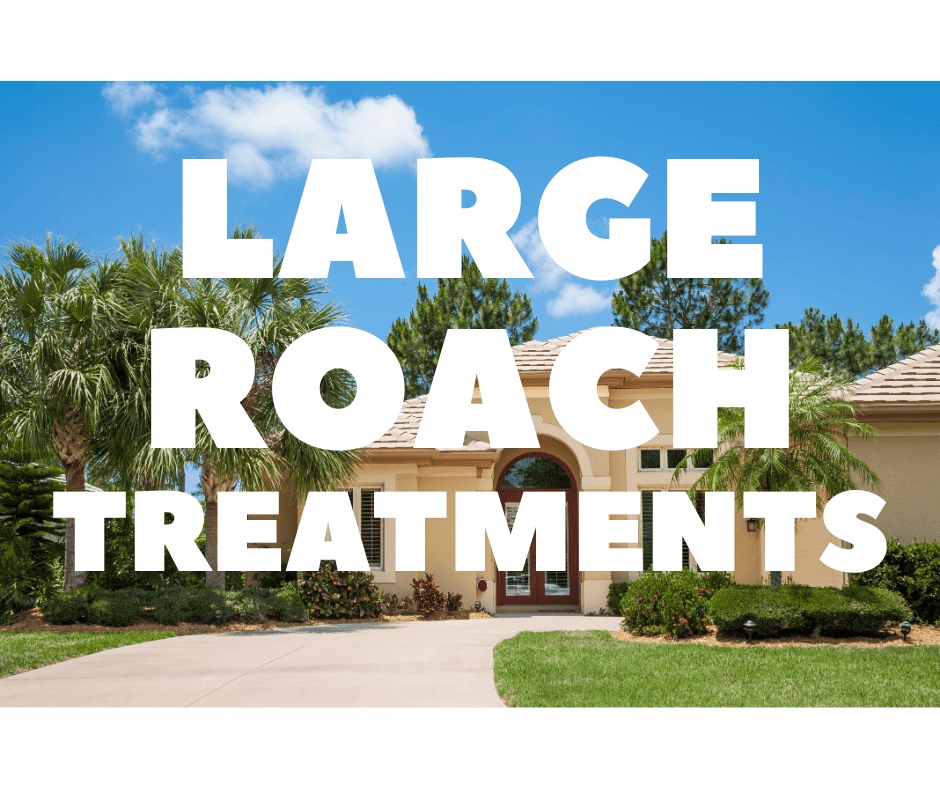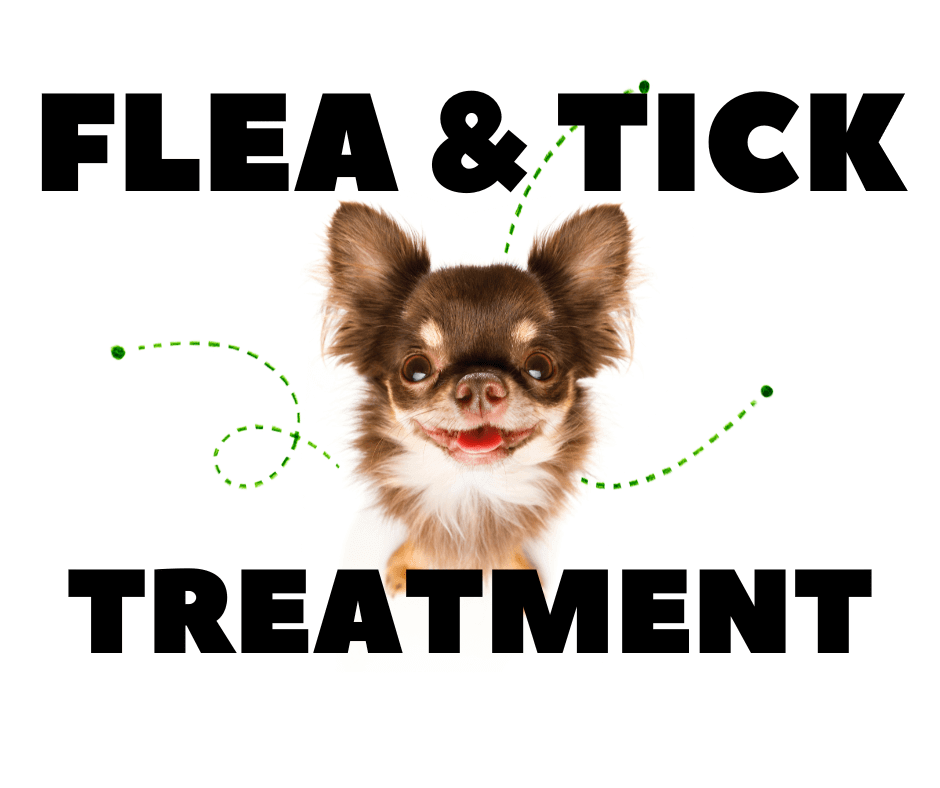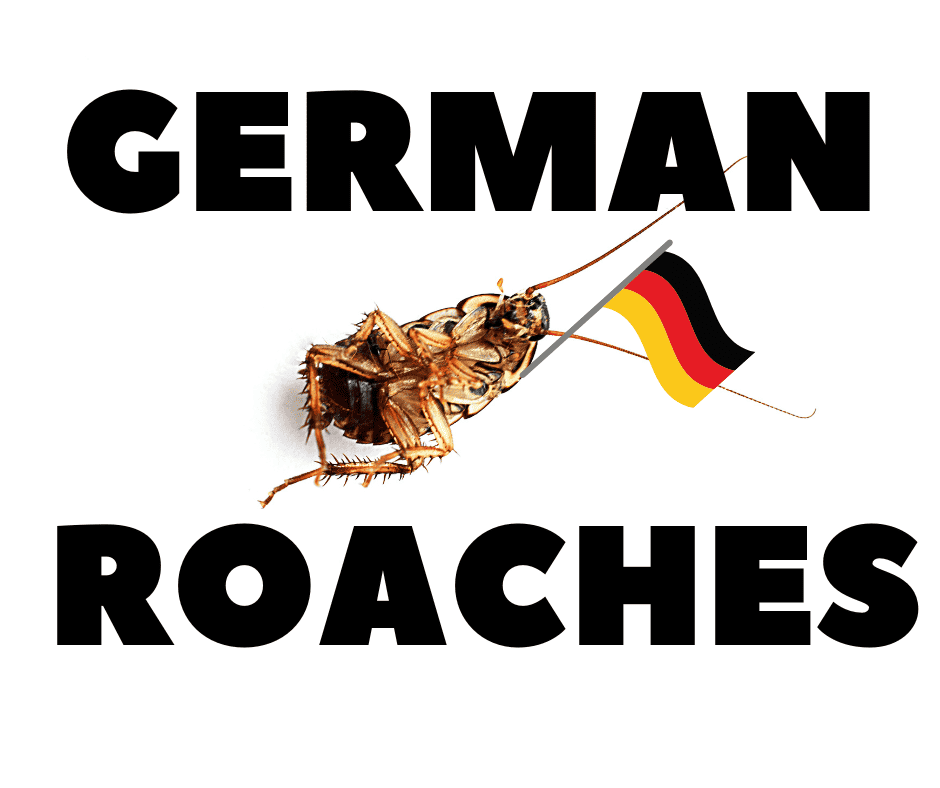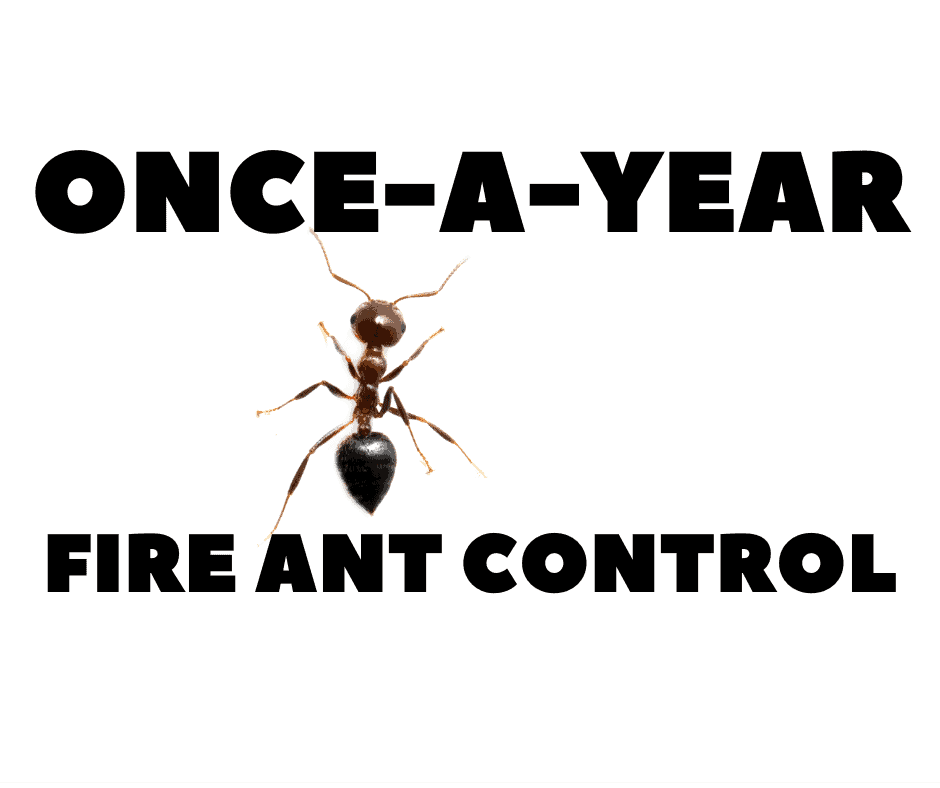Table of Contents
- 1 Spider Identification
- 2 Wolf Spider:
- 3 Jumping Spider:
- 4 Spider Treatment
- 5 Inside Treatment:
- 6 Outside Treatment:
- 7 How Much Does A Spider Treatment Cost?
- 8 Cities and Towns We Serve
- 9 FAQ’s
- 10 SCHEDULE YOUR SPIDER TREATMENT TODAY!
- 11 Related Links
- 12 Special Pest Control Services
- 12.1 ATTIC DUSTING: PERSISTENT & EFFECTIVE
- 12.2 Bed Bug Treatments
- 12.3 Car Roach Treatments, Fast & Guaranteed
- 12.4 CARPENTER ANT CONTROL: SAFE & EFFECTIVE
- 12.5 Crawl Space Treatment: Incredible Mobile Home Pest Control
- 12.6 FAST PROFESSIONAL LARGE ROACH CONTROL
- 12.7 Flea and Tick Treatment; Safe & Effective
- 12.8 German Cockroach Treatments: Quick & Safe
- 12.9 Guaranteed Once-A-Year Fire Ant Control
Spiders can be a concern for homeowners on the Space and Treasure Coasts. There are over 250 species of spiders in Florida. While most are harmless, they can still be a nuisance.
We offer Spider Treatments to exterminate spiders from your home; inside and out!
Spider Identification
We start by identifying the offending species; then we tailor your treatment specifically for your spider species and it’s habitat preferences.
Common Spider Pests:
These are the most common spiders in homes in Brevard and Indian River Counties.
Southern House Spider:
The southern house spider, also known as the crevice spider, is a common sight in homes and other buildings throughout the southern United States. Southern house spiders typically build their webs in corners and other dark, undisturbed places. They are nocturnal hunters, and they feed on a variety of insects, including mosquitoes, flies, and cockroaches.
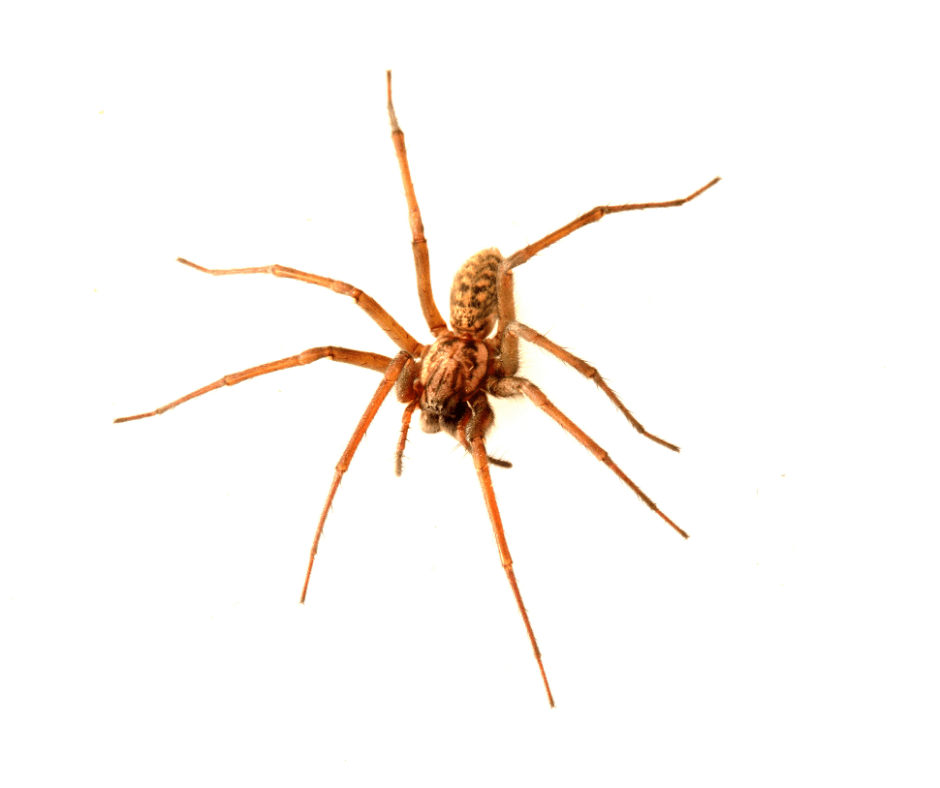
Wolf Spider:
The wolf spider is a large, dark-colored spider that is native to the southeastern United States. Wolf spiders are active hunters, and do not build webs to catch their prey. Instead, they roam around at night, looking for insects and other small animals to eat. They are also known to prey on other spiders.
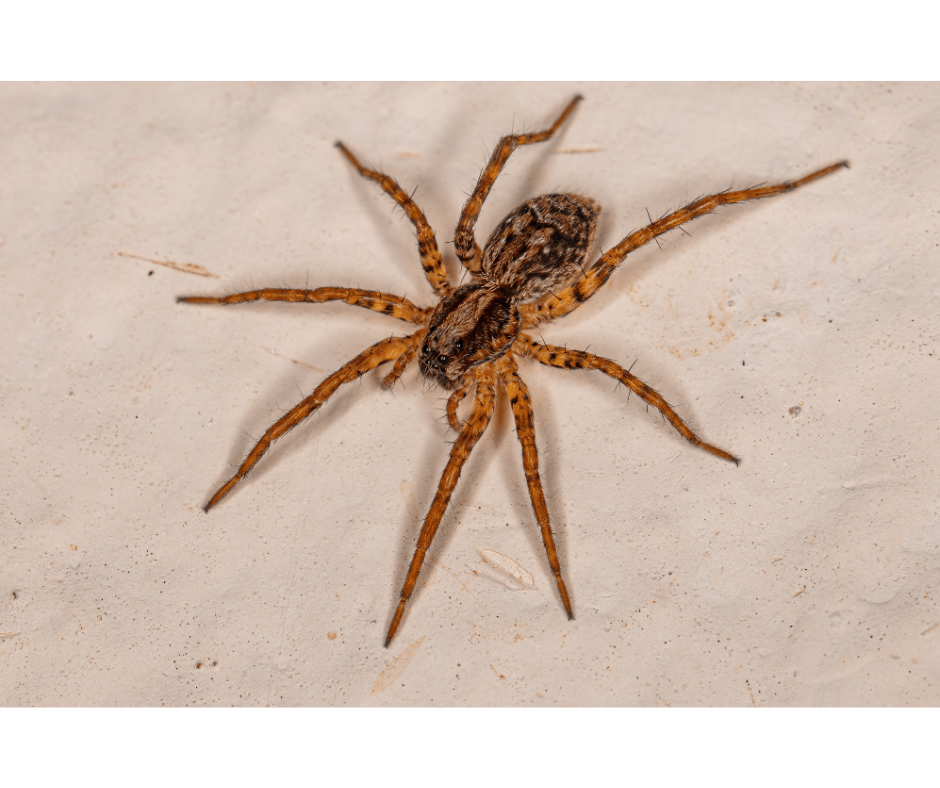
Jumping Spider:
Jumping spiders are a diverse group of colorful, agile spiders with keen eyesight. Jumping spiders are known for their ability to jump long distances, relative to their body size. They can jump up to 50 times their body length, which is equivalent to a human jumping over a football field!
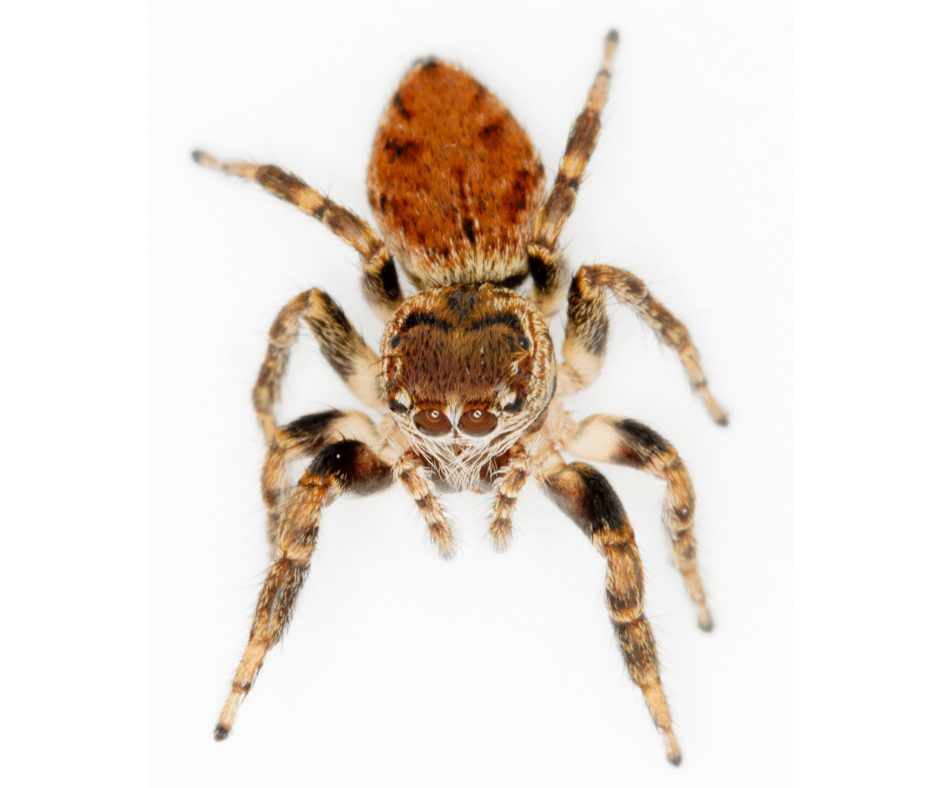
Black Widow Spider:
The black widow spider is a venomous arachnid known for its distinctive red hourglass marking on its abdomen. Black widows are ambush predators, meaning they wait for their prey to come to them. They spin webs in dark, secluded places, such as under rocks or woodpiles.
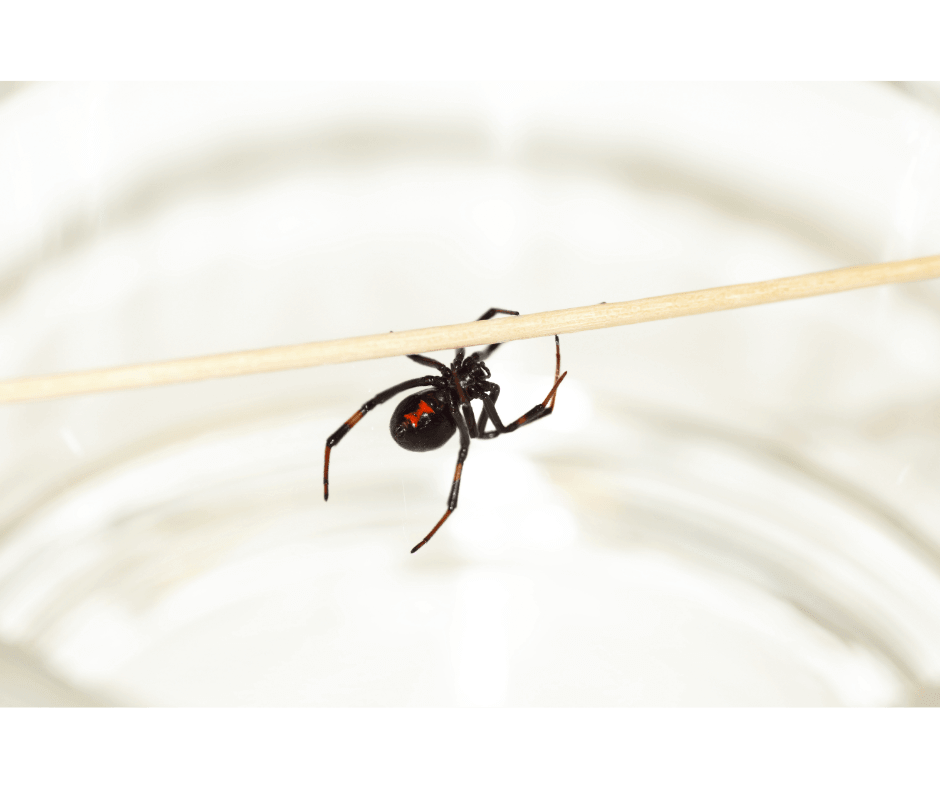
Brown Widow Spider:
The brown widow spider is a venomous spider that is native to Central and South America. It has been introduced to many other parts of the world, including the United States, where it is now common in many southern states.
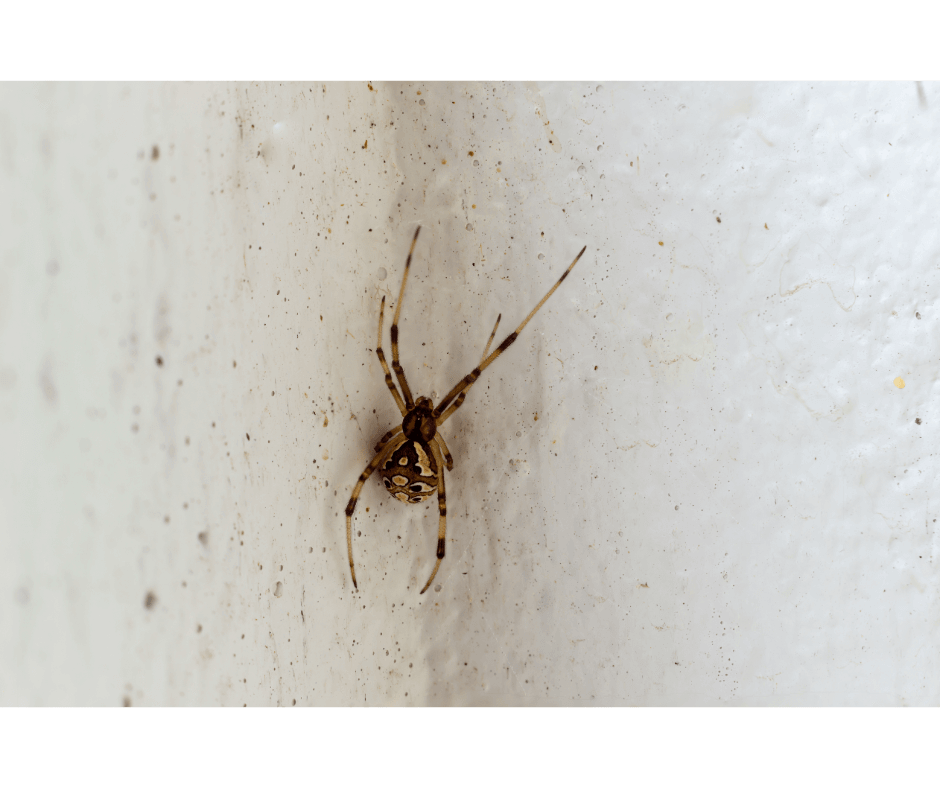
Brown Recluse Spider:
The brown recluse spider is a small, brown spider that is found in the Midwest and southern United States. It is known for its venomous bite, which can cause serious skin lesions and even death in rare cases. The brown recluse spider is typically about 1/4 inch in diameter, with a violin-shaped marking on its back. It is often found in dark, secluded places, such as basements, attics, and woodpiles.
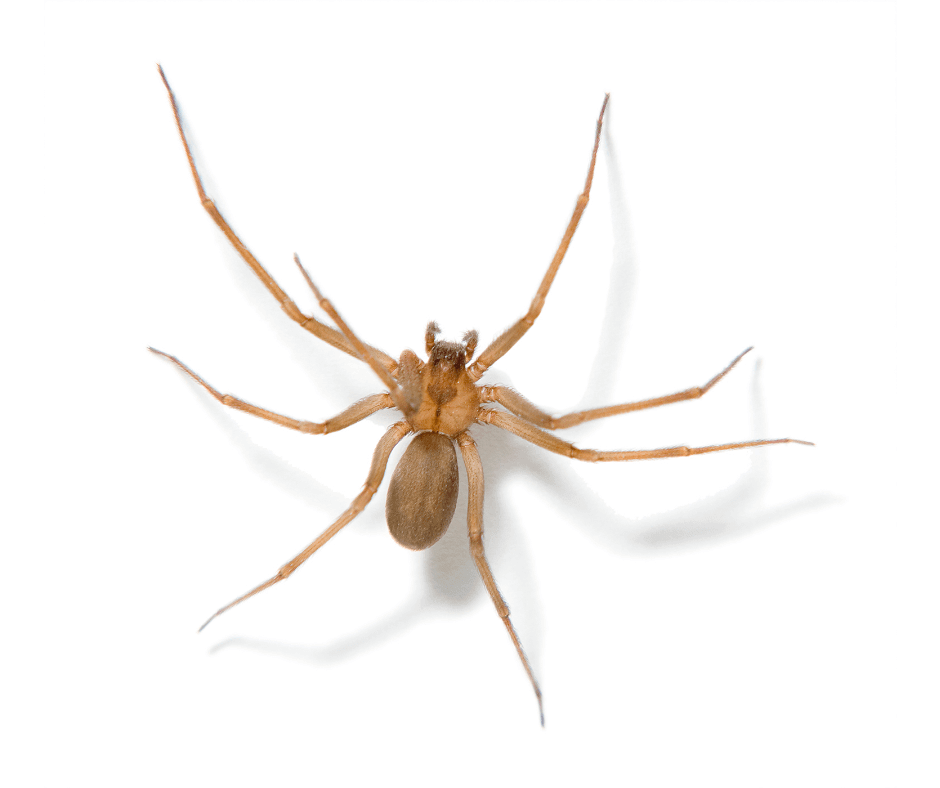
Spider Treatment
Once we identify the offending species of spider we commence treatment specific to your pest spider species.
Inside Treatment:
The inside of your home is sprayed along the baseboards and under furniture with an EPA registered pesticide labeled for spiders.
Outside Treatment:
We treat the outside of your home with an EPA registered pesticide labeled for spiders. We spray along the window’s, doors, and eaves. A perimeter barrier is established 10 feet away from your home. Any piles of lumber, firewood, debris, or other conducive conditions are also treated for spiders.
How Much Does A Spider Treatment Cost?
Spider Control Treatments start at $299.00 for most homes.
Call or text 321-704-0434 to schedule your spider treatment today!
Cities and Towns We Serve
- Malabar
- Grant-Valkaria
- Palm Bay
- Turkey Creek
- Melbourne Village
- West Melbourne
- Melbourne
- Palm Shores
- Suntree
- South Patrick Shores
- Viera
- Rockledge
- Cocoa
- Merritt Island
- Cape Canaveral
- Cocoa Beach
- Avon By the Sea
- Indian Harbour Beach
- Indialantic
- Melbourne Beach
- Floridana Beach
- Roseland
- Vero Beach
- Orchid
- John’s Island
- Indian River Shores
- North Hutchinson Island
- South Beach
- Vero Lake Estates
- Fellsmere
- Wabasso Beach
- Sebastian
- Barefoot Bay
FAQ’s
What can I do to prevent spiders from coming back?
-Ensure your door seals are in working order.
-Seal up any cracks and crevices around your home.
-Trim trees and shrubs away from your home.
-Remove any breeding sites such as woodpiles or debris.
Do I need to leave my home during the treatment?
No, you do not need to leave your home during the treatment. However, it is important to keep children and pets away from the treated areas until the pesticides have dried.
Can I clean my home after the treatment?
Yes, you can clean your home after the treatment. However, it is important to wait at least 24 hours before cleaning the treated areas.
Does keeping my outside lights on at night attract spiders?
Yes, Spiders are predators. Outside lights on at night attract insects to the lights which also attract spiders to feed on these insects.
What areas of the Space and Treasure Coasts do you provide pest services to?
We proudly serve Palm Bay, Suntree, Viera, Rockledge, Cocoa Village, Merritt Island, Cape Canaveral, Cocoa Beach, Satellite Beach, Indian Harbour Beach, Indialantic, Melbourne Beach, Vero Beach, Sebastian,. Grant-Valkaria, and Barefoot Bay.
SCHEDULE YOUR SPIDER TREATMENT TODAY!
Related Links
https://entnemdept.ufl.edu/creatures/urban/spiders/brown_recluse_spider.htm
